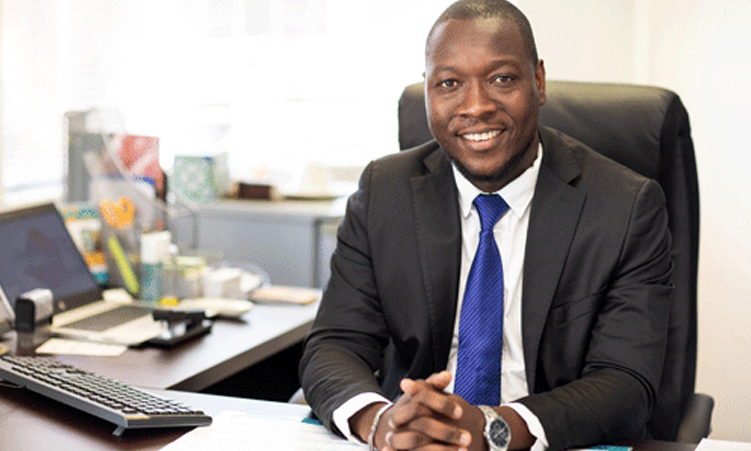The Namibian National Association of the Deaf is running training workshop in sign language interpreting, which started on Monday.
The workshop runs until 28 June at the Konrad Adenauer Stiftung (KAS) offices in Windhoek.
According to the association’s director, Linekela Paul Nanyeni, the workshop was necessitated by a shortage of sign language interpreters in Namibia.
He said it is important for inclusive schools, where there are pupils who are deaf, as they need interpreters.
Universities, colleges, other institutions of higher learning and vocational training centres also need sign language interpreters for students who are deaf to pursue their studies.
People who are deaf are also involved in other important events where sign language interpreters would be required.
Nanyeni said the aim of the workshop is to improve professional interpreters to international level, so that people who are deaf can benefit from them.
“There are many challenges with some of the interpreters. So, we want to train them to gain more experience and better interpretation skills,” Nanyeni said.
The first Namibia sign language interpreting training workshop was held in 2018 led by Wits University under HuMEL, then in 2021 by Thelma Kotze from the South African Sign Language Interpreting National Centre. Kotze, according to association, is a WFD-WASLI-accredited professional international interpreter and facilitator as well as a South African Translators’ Institute-accredited professional interpreter.
“There is simply no one in Namibia who can walk in her shoes. We are not anytime soon recommending anyone from Namibia to do the same. We demand high quality level of work and she is no doubt delivering,” he said, adding that, “Funded by the Namibia Training Authority (NTA) for the past three years, it has invested a lot in the Namibian sign language interpreters and we are slowly seeing the fruits of such trainings. As such, the Windhoek Vocational Training Centre has become accessible to people who are deaf and one has successfully completed his trade.
KAS recently partnered with the association and sponsored the training venue and stationery for the 10-day training workshop.
Nanyeni said all the sign language interpreters who were trained from 2018 and an additional of four or five new interpreters were expected to attend the current workshop.
Stay informed with The Namibian – your source for credible journalism. Get in-depth reporting and opinions for
only N$85 a month. Invest in journalism, invest in democracy –
Subscribe Now!










